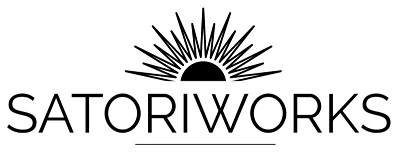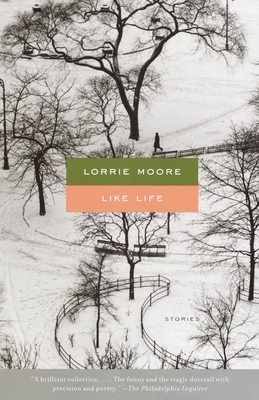I suppose the year’s end requires
some sort of reflection. There can be value in looking back, but it seems like
we look back for things to regret, mistakes made, things we’d like to do better
in the coming year. This doesn't seem to me like a fruitful exercise.
I know that there is a long list
of failures, objectives unfulfilled. But if I’ve learned anything in the last
year, it is not to set my sights too high. Trying to achieve too much is bound
to lead to failure. Overachiever or not, my expectations for myself need to be
reasonable.
In thinking about the new year,
and resolutions for it, I know that I need to de-task. I need to get some
things off my to-do list. And not by getting them done. By never putting them
there in the first place. Starting with the stacks of unread magazines. I will
not be renewing any magazine subscriptions in 2012. Sorry
New Yorker. Sorry
BusinessWeek and
Harvard Business Review. My backlog is enough to carry me a year or
more without a new edition appearing in my mailbox.
Another objective must be to
focus. At any given time I have many projects in the works. I make plans to do
this little bit on this project, another little bit of another, filling my
spare hours with this variety of tasks with completion expected by the end of
the week. This might just be unreasonable. It just leaves me with a long list
of partially finished or unfinished and neglected objectives. Pick the next
important thing on the list of things to do (let’s keep calling them
objectives) and see it through until it’s done. I am more productive when I’m
allowed to obsess over one thing instead of multitasking.
This, though, applies to
everything but writing. I have found that I work better in short bursts. If I
sit down, writing a first draft, for much longer than an hour, I find I begin
rushing to the next sign post, the next major event. When I work for short
periods, I am allowed to keep my creativity focused on what is before me. In an
extended period, I start trying to look further down the road, and rush to get
there.
Without the looking back and
beating myself up, I’ve managed to make some resolutions. Now to stick to
them--and not beat myself up if I don’t.



















